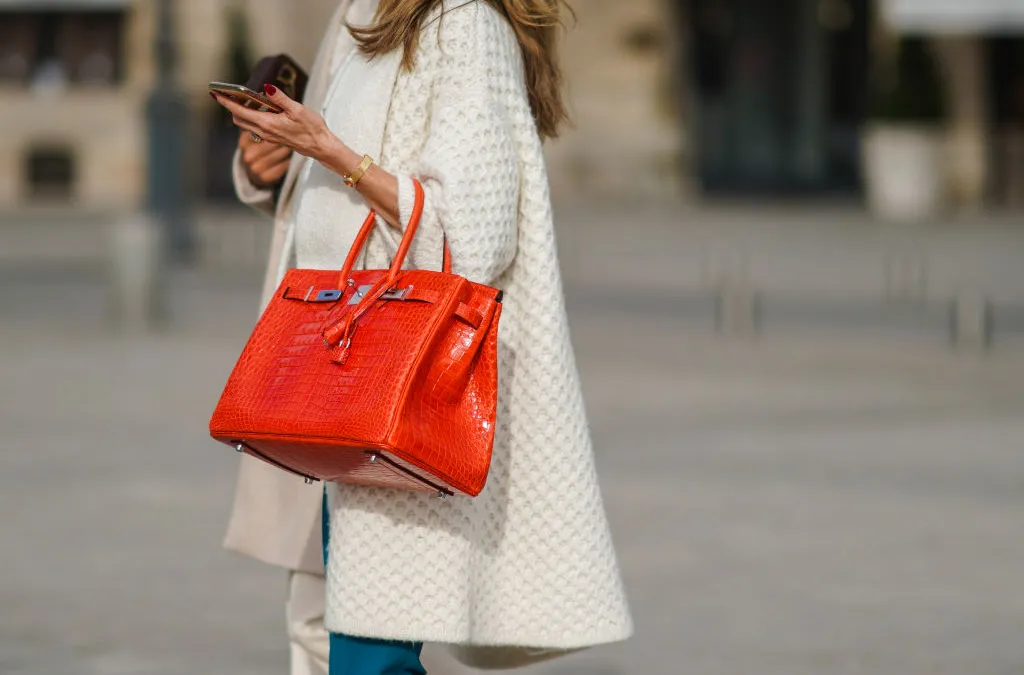The appreciation of Hermès bags has reached a new level. Last week, the only Birkin specially made by the house of Hermès for actress and singer Jane Birkin sold for €8.6 million (approximately R$55 million) at an auction in Paris—the highest price ever paid for a bag in history.
The result reinforces the perception that luxury, when combined with scarcity and authenticity, can represent more than an expression of style: it is also a strategic way to allocate capital. For Lilian Marques, founder and CEO of Front Row, a Hermès bag reseller in Brazil, the historic sale is more than a milestone for the luxury market: it confirms that Hermès bags have gone from being mere fashion accessories to high-performance financial assets.
In the United States, classic Hermès models have been steadily accumulating value. Between 2019 and 2024, the Birkin 25 rose 15.74%, rising from US$9,850 to US$11,400. The Birkin 30 appreciated 13.63% in the same period and currently sells for US$12,500, approximately R$68,000. In Europe, the increase was even more significant: 30.3% for the Birkin 25 and 24.5% for the Birkin 30.

In Brazil, this movement is already boosting the luxury resale segment. Front Row reported a 33.12% increase in total sales in 2024 and projects growth of up to 40% in 2025, reflecting a consumer profile that sees these items not only as glamorous but also as profitable.
Lilian emphasizes that scarcity is the driving force behind this market. The rarer and better-preserved the bag, the greater its potential appreciation. Currently, the company already serves clients who buy Hermès exclusively as a wealth diversification strategy: 25% of buyers have an investor profile, and many don’t even use the bags they purchase.
Besides the appreciation of iconic models, such as the Birkin 25, geopolitical factors also influence the market. With new tariff packages in the United States and LVMH’s recent reputational crisis, Hermès strengthens its position thanks to its artisanal production and transparent value chain. The brand, which claims to have never outsourced its manufacturing to Asia, reached a market value of €249 billion, surpassing competitors at the top of the luxury sector.
See also
Donald Trump wants to change Coca-Cola’s traditional recipe; understand
Scarlett Johansson becomes the highest-grossing star of all time – see the ranking




